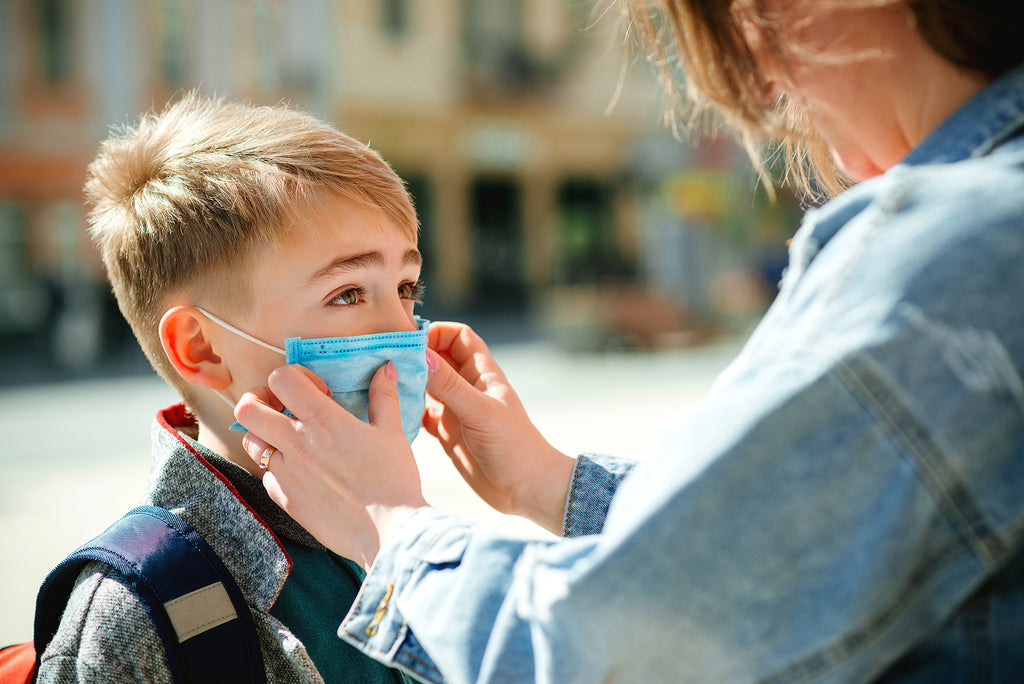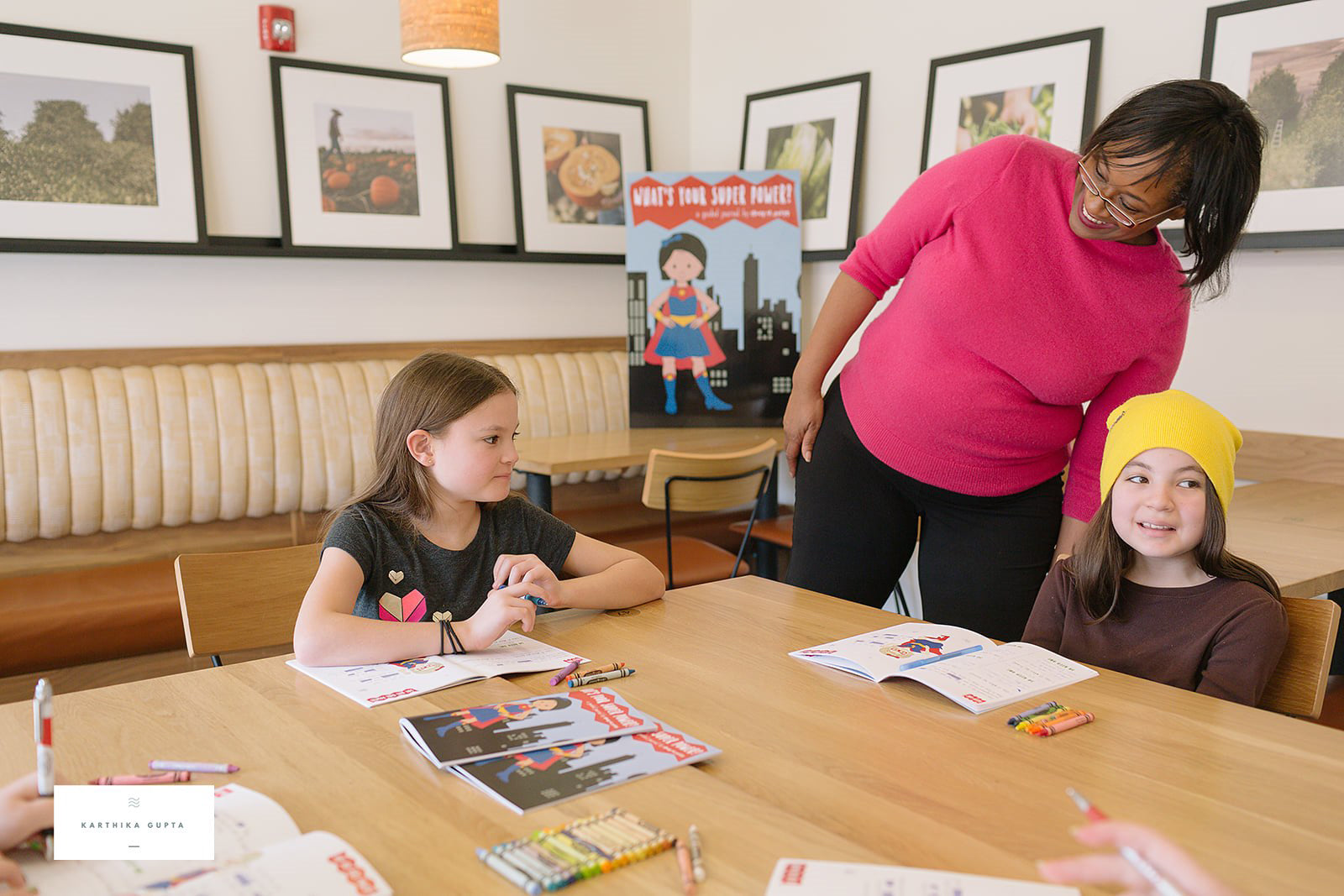
As July turns into August, parents and school aged children start the rituals of preparing to go back to school. There are trips to Target and Walmart to purchase items from the school supply list. There are phone calls to friends to see who is in your class, and bus schedules to review. While some of those things will still happen this year, many of these routines will change or not occur at all.
When schools closed in March, many people believed that it would be for a few weeks. But now, months later, some school districts are still working on finalizing their plans for the fall, while others have recently issued options for families and new rules, leaving parents, teachers, administrators, and students with concerns about what really to expect from the 2020-21 academic year.
Common Concerns of Students
Each school district has their own plan for how to bring students back to school while maintaining social distance. Whether your child is going back full-time, part-time, or fully online, it is unlikely that their school day will be the way it was before COVID-19.
Academic Concerns
Distance learning may be part of your child’s academic instruction. Last Spring, many schools were lenient with grades and participation because the school year was winding down and the need to offer e-learning was sudden and new. However, students cannot have a full semester of busy-work. It is detrimental to the student’s development and future academic success because each school year builds upon what was learned the prior year.
Social Concerns
Many of the biggest changes to the school day are of the social variety. Lunch, recess, and physical education are usually an opportunity for children to be active and social with their friends. However, these activities also present the biggest risks for sharing germs. Without this time together, children can feel isolated, sad, and have pent-up energy with no way to let it out. In fact, many children have had little if any time with their friends since March.
Health Concerns
Many children are concerned about their own health and do not want to get COVID-19. They may have heard adults talking, overheard the nightly news, or read information online about the virus without really understanding all the facts. They may be concerned about getting sick or family or friends getting sick. Walking into school and seeing safety precautions like masks, desks pushed apart, and directional signs in the hallway could be alarming.
Ways Parents Can Help
It is important for parents to watch for signs of stress. Out of character behavior like crying, anger, sadness, tiredness, sleeping all the time, wetting the bed, poor performance in school, and a lack of interest in activities they normally enjoy are all indicators that your child is struggling with something. Here are some things that you can do proactively to help your student transition to the changes they will experience.
- Start discussing the upcoming school year now. Explain the ways that school will be different as well as ways that school will be the same. Focus on the positive aspects of the new school year but also discuss some of the reasons why certain changes have been made so that children understand why some rules have been implemented.
- Create a plan for your student’s specific level of in-person instruction or e-learning program. Let your children know that there will be a schedule this year. Include your child’s input and remember to include breaks, snacks, and some time for fun or creativity. Also include time for you to answer questions and help them with their studies.
- Brainstorm alternative extracurricular activities to make up for lost clubs and sports. Kids need fresh air, exercise, and time to be creative now more than ever. Sit down with your child and come up with some fun alternatives that they can do, or you can do together to make up for some of their lost extracurriculars.
- Take advantage of resources offered by the school. All the school staff want your child to succeed. Remember that there are counselors, tutors, social workers, and the teachers themselves who can help or answer questions.
- Explain that changes and new rules are precautionary. Reassure your student that the changes are to help everyone remain safe and healthy. If they accidentally “break” a rule or make a mistake, it will be ok.
Lifelong Benefits of Teaching Children to Be Adaptable
Depending on your child’s personality, some may be overwhelmed with worries about what the upcoming semester will look like, or if school will close again without warning. When you teach your child to look for new, creative ideas and positive outcomes out of a potentially bad situation, you are giving them a valuable life skill that they can use again and again. The ability to pivot and adapt will help them succeed throughout their lives.
For more resources, join my Facebook group, My Super Powers! Community.
Stacey Montgomery, Founder
Stacey M Design and Stacey Montgomery Publishing
@2020. Stacey Montgomery. All rights reserved.





Leave a Comment